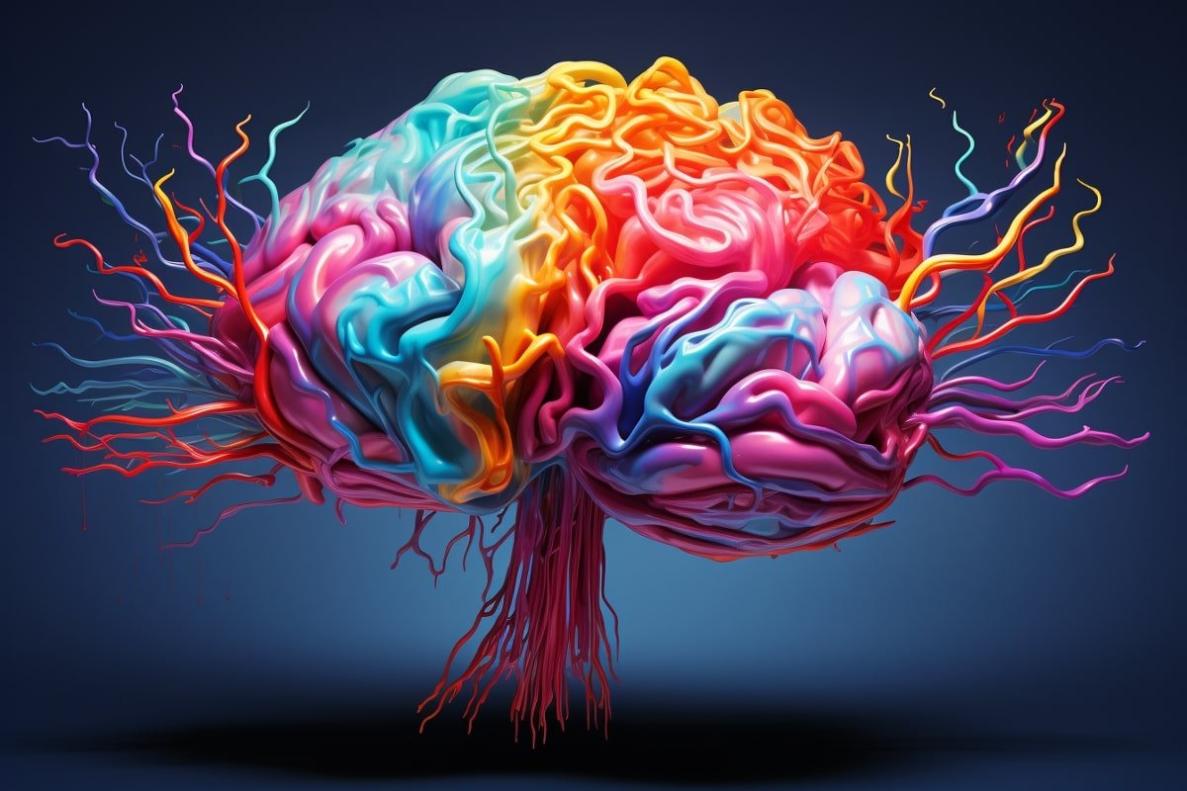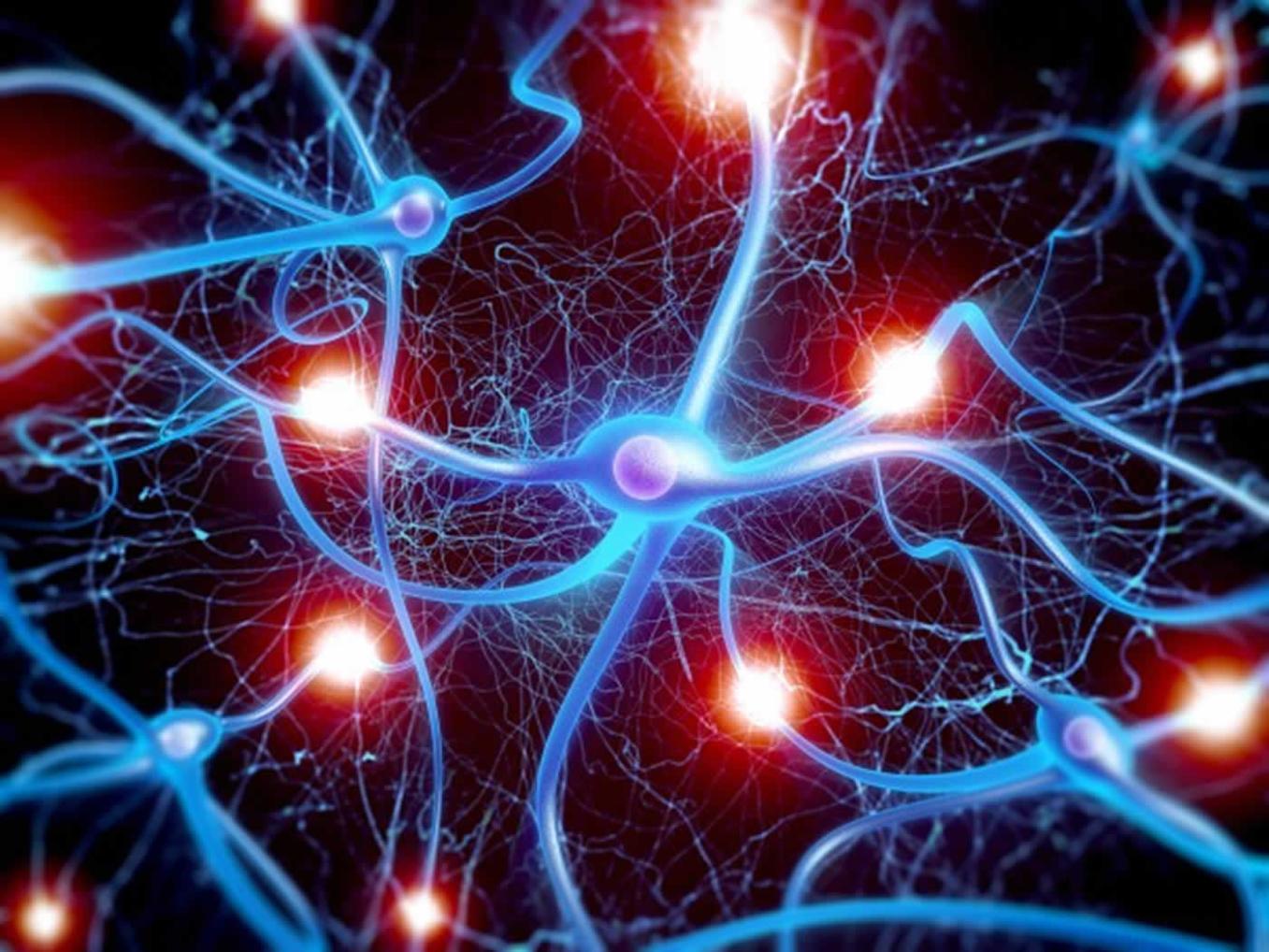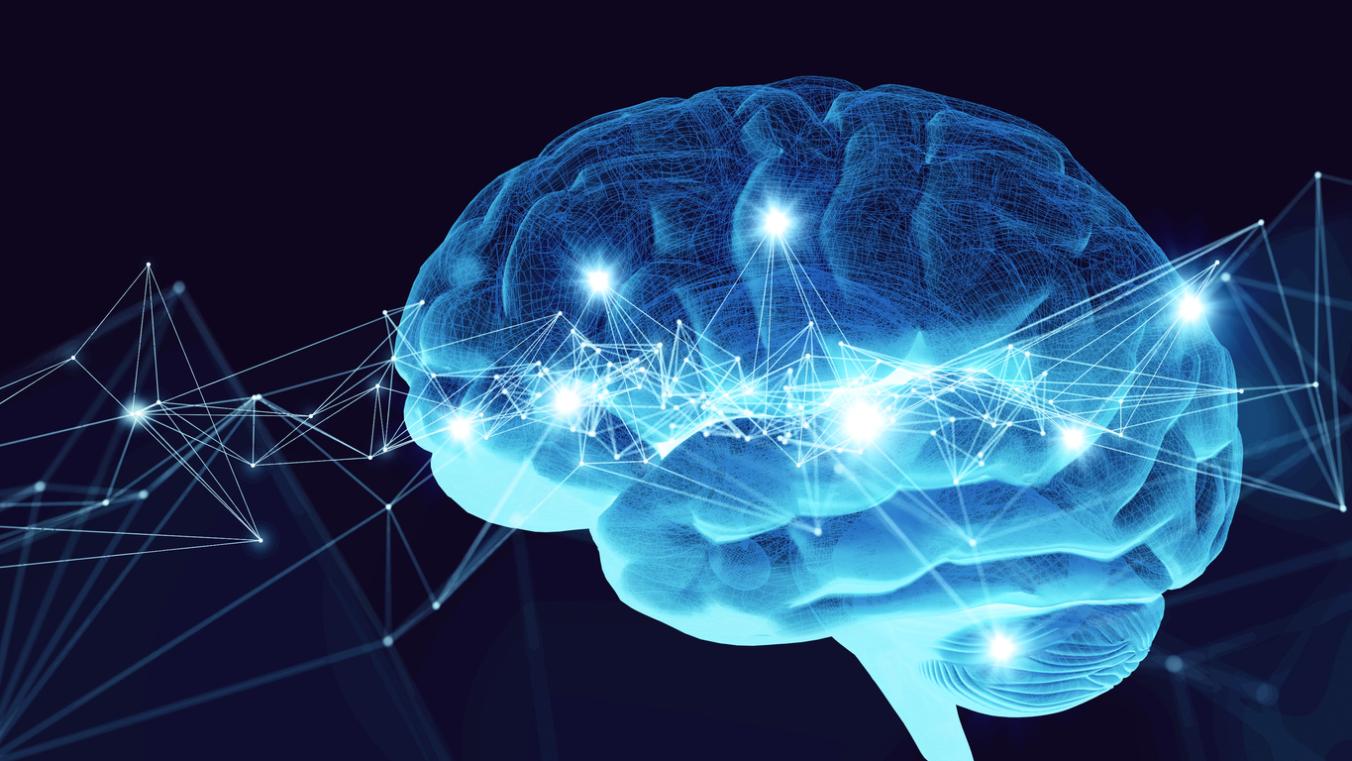What Are the Ethical Implications of Using Neuroscience to Manipulate Human Behavior?
Neuroscience is the scientific study of the nervous system. It is a multidisciplinary field that draws on a variety of methods, including anatomy, physiology, molecular biology, and psychology, to understand how the brain and other parts of the nervous system work. Neuroscience has made significant progress in understanding how the brain controls behavior, and this knowledge has led to the development of new treatments for mental disorders and other neurological conditions.

However, the potential benefits of neuroscience also raise a number of ethical concerns. One concern is that neuroscience could be used to manipulate human behavior in ways that are harmful or coercive. For example, neuroscience could be used to develop technologies that allow people to control other people's thoughts or actions. This could lead to a loss of autonomy and free will, and it could also be used to exploit vulnerable populations.
Potential Benefits Of Using Neuroscience To Manipulate Human Behavior
- Treating mental disorders and addictions.
- Enhancing cognitive abilities and performance.
- Improving decision-making and moral behavior.
- Reducing crime and violence.
Potential Risks Of Using Neuroscience To Manipulate Human Behavior
- Loss of autonomy and free will.
- Creation of a "designer" human race.
- Exploitation of vulnerable populations.
- Unintended consequences and unforeseen side effects.
Ethical Considerations
The ethical implications of using neuroscience to manipulate human behavior are complex and challenging. There are a number of ethical principles that could be applied to this issue, including the principle of beneficence and non-maleficence, the principle of respect for autonomy, the principle of justice, and the principle of utility.

The principle of beneficence and non-maleficence requires that we act in ways that benefit others and avoid harming them. This principle would suggest that we should only use neuroscience to manipulate human behavior in ways that are intended to benefit the individual or society as a whole. We should also take steps to minimize the risk of harm from such interventions.
The principle of respect for autonomy requires that we respect the individual's right to make decisions about their own life. This principle would suggest that we should only use neuroscience to manipulate human behavior if the individual has given their informed consent. We should also provide individuals with the information they need to make informed decisions about whether or not to participate in such interventions.

The principle of justice requires that we treat all people fairly and equitably. This principle would suggest that we should not use neuroscience to manipulate human behavior in ways that discriminate against certain groups of people. We should also ensure that the benefits and risks of such interventions are distributed fairly across society.
The principle of utility requires that we act in ways that maximize overall happiness and well-being. This principle would suggest that we should use neuroscience to manipulate human behavior in ways that are likely to produce the greatest overall benefit. However, we should also consider the potential costs and risks of such interventions, and we should weigh these against the potential benefits.
Balancing The Benefits And Risks
The ethical implications of using neuroscience to manipulate human behavior are complex and challenging. There are a number of potential benefits and risks associated with such interventions, and we need to carefully weigh these factors before making any decisions about whether or not to use these technologies. We also need to establish ethical guidelines and regulations for the use of neuroscience to manipulate human behavior, in order to ensure that these technologies are used in a responsible and ethical manner.
Neuroscience has the potential to revolutionize our understanding of human behavior and to develop new treatments for a wide range of mental disorders and neurological conditions. However, the potential benefits of neuroscience also raise a number of ethical concerns. We need to carefully consider these concerns before making any decisions about whether or not to use these technologies. We also need to establish ethical guidelines and regulations for the use of neuroscience to manipulate human behavior, in order to ensure that these technologies are used in a responsible and ethical manner.
YesNo

Leave a Reply